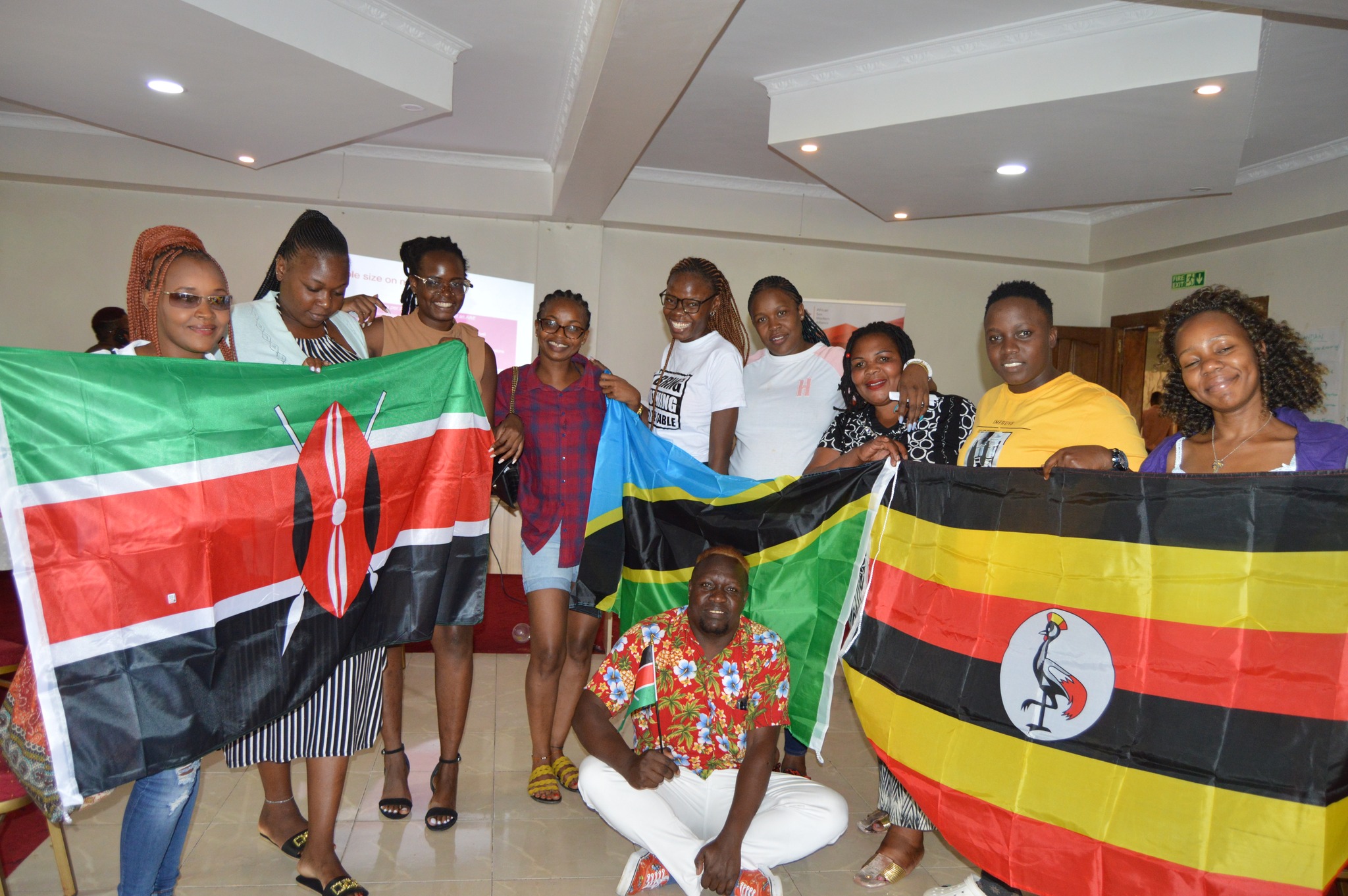
In the wake of the COVID-19 pandemic, a rather special initiative was born in response to the impact the pandemic had on sex workers across Africa.
The Africa Leadership Sex Workers Academy (ALESWA) initiative to strengthen sex workers in leadership, organizational management, and resiliency was developed.
Led by the African Sex Workers Alliance (ASWA), ALESWA has changed lives and strengthened movements across the continent.
Grace Kamau, the regional coordinator for ASWA, reflects on how the academy came to be.
“During the pandemic, we realized that while we were teaching sex workers how to run organizations, it was equally important to ensure they could build resilient movements that could withstand crises, even without external funding.
So, that is how ALESWA comes in as an academy that holistically builds a sex worker from running an organization to being a leader, being accountable, and even building a strong movement that can survive in whatever way that happens.”
ALESWA’s vision surpasses organizational management and seeks to build leaders who are accountable, capable, and well equipped to sustain their movements in any context.
In the last four years, the academy has directly trained 54 sex workers from nine African countries, each of whom has gone on to reach and empower 50 others within their communities, touching the lives of 450 sex workers.
“One of the standout examples is Malawi, It’s a country that came from SWAA and came to the Leadership Academy, and now they are running a very big clinic funded by USAID. It is because of the leadership skills that we have built in them. Through ALESWA, sex workers are trained on how to strengthen their organizations in terms of program management, and financial management,” Kamau shared.
Kamau added that in Eswatini, the organization Voice of our Voices (VOOV) secured a grant from the Global Equality Fund, enabling it to expand its work while Zimbabwe’s ZIMSWA, supported by Aidsfonds, is thriving with impactful projects.
“They are running their organization because of the capacity they have received from us,” Kamau reflected.
The ripple effects extend beyond individual organizations. Regional networks like the East Africa Sex Workers Alliance and the Southern African Sex Workers Alliance (SASWA) have thrived.
“SASWA is now organizing a sex worker symposium that is informed by the work that ASWA is doing. It’s incredible to see how the academy’s principles are strengthening grassroots communities,” Kamau said.
ALESWA already influences a global level. Asia Pacific Network of Sex Workers (APNSW) visited ASWA in hopes of learning about ALESWA, which other regions can now be adopt.
Kamau emphasized that “We had an exchange program, and they were in ASWA to learn about ALESWA. We exchanged information and knowledge, and we knew they were about to implement it. This is a great initiative for our sex workers.”
Looking ahead, ALESWA is set for more growth, with plans to take its training to the local levels within countries such as Benin.
“We are about to start ALESWA in Francophone-speaking countries, and we want the Francophone-speaking countries to be the faculty members because most of our faculty members have been Kenyan-based. We want faculty members who are French-based so that when we localize, the information is left with the community at the ground and then at the country level,” she explained.



